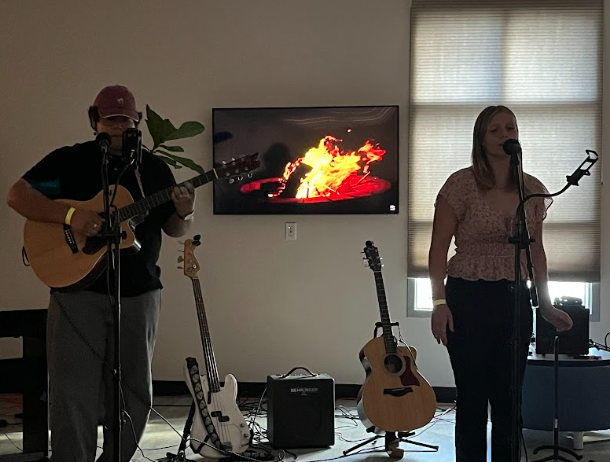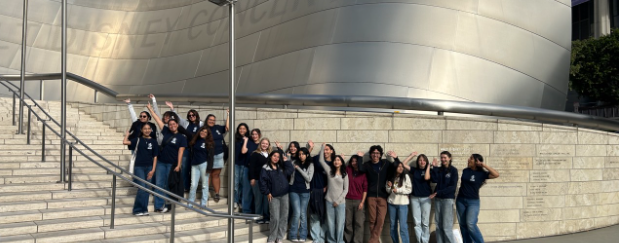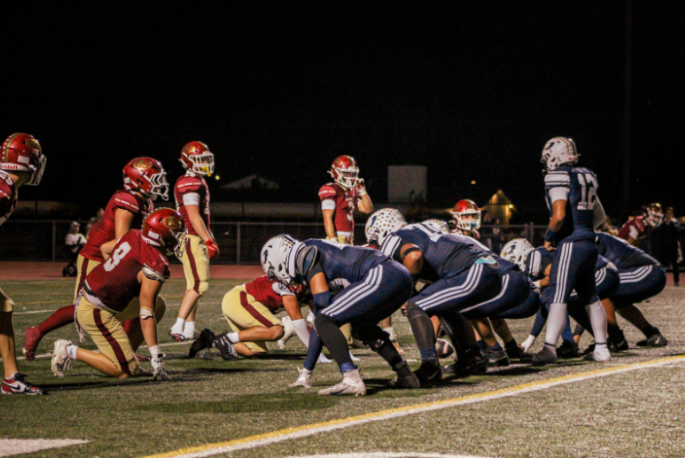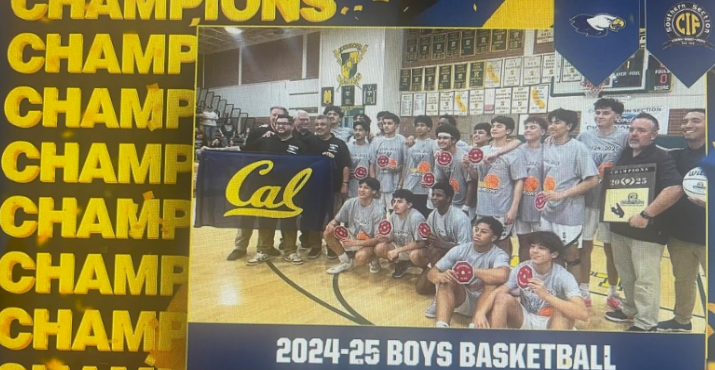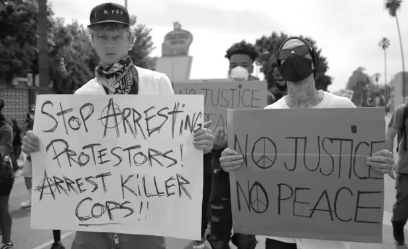An American Tradition
For children, Halloween is a time for children to don costumes that couldn’t scare a mouse,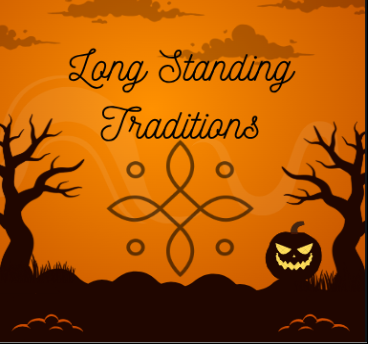 yet bring smiles to the faces of all those who bear witness. For adults, Halloween is a time to spend money on candy or enjoy the season’s festivities at a party with friends. A time for all those to celebrate a time of fear, of joy, and of costumes. Yet, few understand the true meaning of the holiday and what the original vision was for this spooktacular holiday.
yet bring smiles to the faces of all those who bear witness. For adults, Halloween is a time to spend money on candy or enjoy the season’s festivities at a party with friends. A time for all those to celebrate a time of fear, of joy, and of costumes. Yet, few understand the true meaning of the holiday and what the original vision was for this spooktacular holiday.
Odd Origins
While many assume this ever-so-frightening holiday originates from the insular traditions of the European continent, like America itself, it is an amalgamation of traditions from many cultures, which a single historical account can’t truly define.
Halloween has its roots in early Christian traditions, with the former phrase for the day originally being “All Hallows Eve,” a day which was celebrated before the Christian holiday “All Hallows Day”, which was on November 1st. It was to be a celebration for departed souls and a day for feasts (as it was commonplace for feasts to happen a day before religious holidays). Traditions such as trick or treating may have even come from this era, with groups of impoverished folks walking around towns to collect soul cakes (small spiced cakes) from homes. However, there is not truly concrete evidence of these traditions occurring in the past.
The idea for costumes for this day came from an unlikely source: Gaelic Irishmen were inspired by the traditional day of Samhain (the day marking the end of harvest season), during which they dressed in costumes, a practice also known as “guising”, which refers to the act of wearing a false face to walk around and to sing songs while imitating the spirit of the dead. These traditions predate the prevalence of Christianity on the island and formed from an amalgamation of cultures. This set the stage for the modern iteration of Halloween to develop.
Modern Day Halloween
Arriving with the Pilgrims, few followed these Halloween traditions until the age of mass migration into the United States, which led to a large number of Irish and Scottish immigrants entering the United States and causing the diffusion of these customs into the mainstream, passing down these traditions to future generations and making them a staple of American culture.
Overall, with such an amalgamation of customs, religions, and traditions from various cultures, American culture highlights the aspect of a melting pot that forms a unique identity enjoyed by people of all ages, backgrounds, and beliefs, and Halloween is no exception to this.
